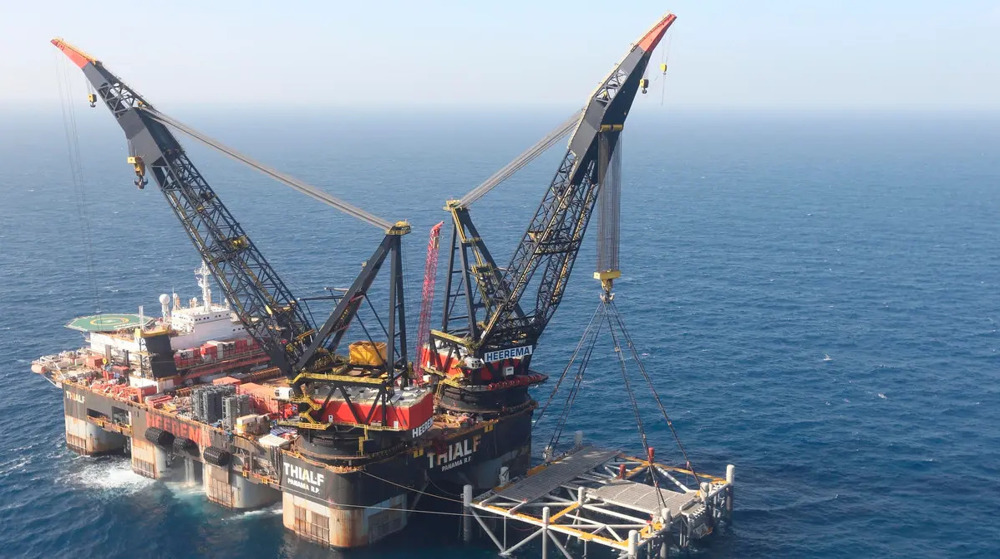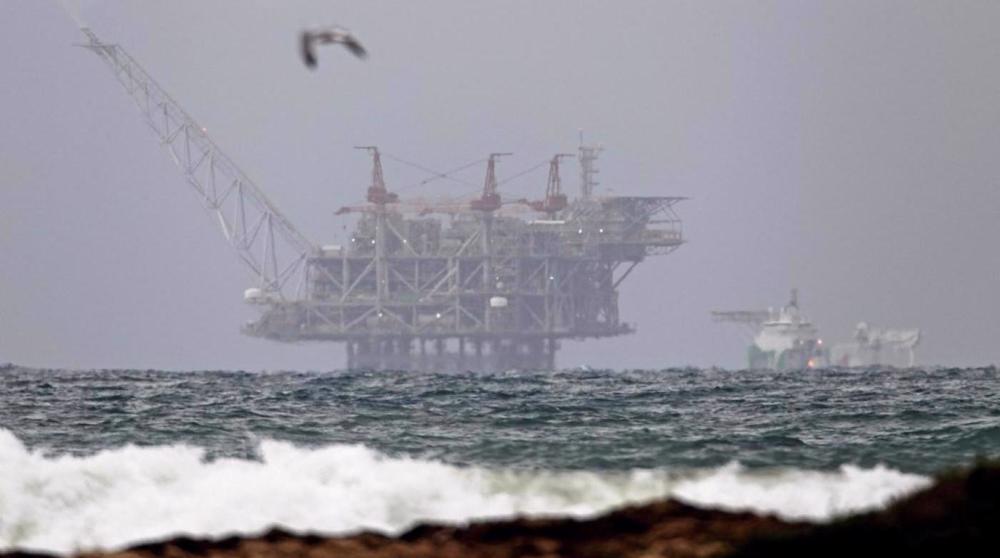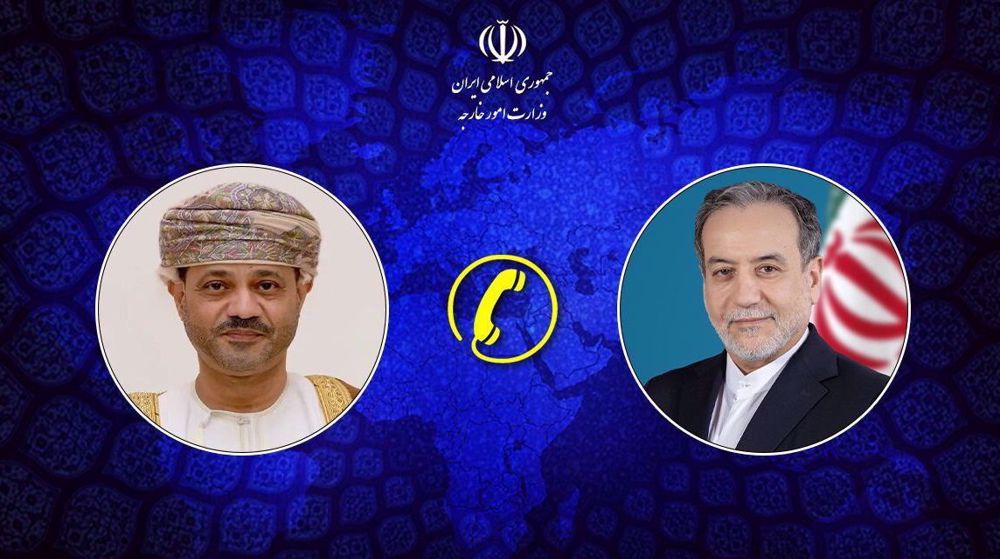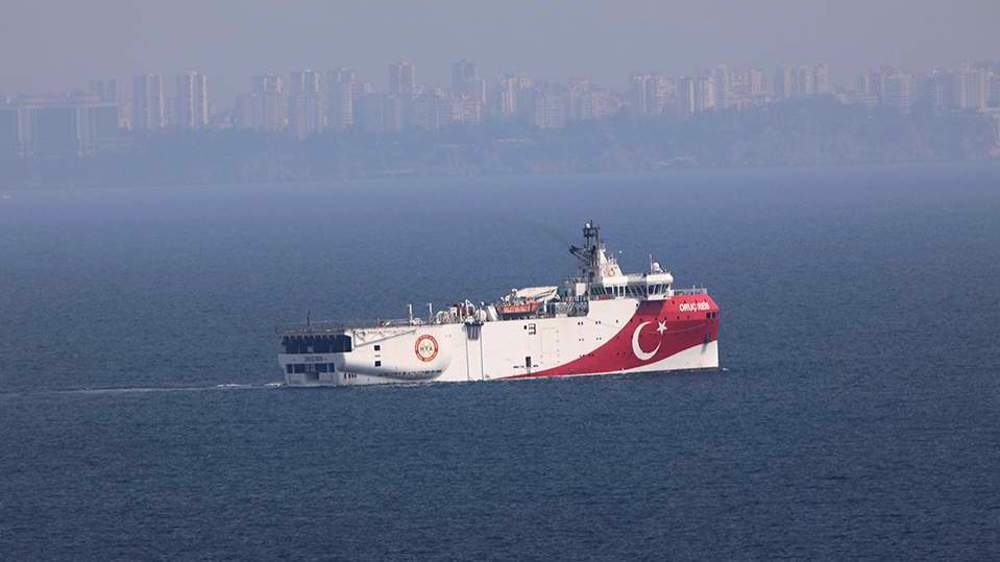US: Israeli pipeline for Mediterranean gas to Europe ‘not viable’
A proposed Israeli pipeline to deliver natural gas from the Eastern Mediterranean to European markets is expensive, time-consuming, and not economically viable, a senior US diplomat says.
US Under Secretary of State Victoria Nuland, following his talks with Cypriot President Nicos Anastasiades, said the proposed EastMed pipeline project wouldn't be able to immediately deliver gas to Europe to help it reduce its dependence on Russian energy.
"We believe it is too expensive, not economically viable, and will take too long," Nuland said, after meeting Anastasiades.
"When we think about hydrocarbons, both in the US context and in the EU context, we are hoping for a quick transition -- and frankly, we don't have 10 years," she added.
Greece, Cyprus, and Israel signed an agreement in 2020 for the construction of the EastMed pipeline, a 1,900-kilometer undersea pipeline designed to deliver natural gas to Europe by 2025 to help Europe diversify its energy resources.
The project was expected to initially carry 10 billion cubic meters of gas a year to Europe.
Europe depends on Moscow for roughly 40 percent of its natural gas needs. It has so far trodden cautiously, stopping short of targeting Russia’s energy sector over fears that it would plunge the European economy into recession and create a major energy crisis in the continent.
But in recent weeks, some European countries have indicated that they are willing to cut their dependence on Russian gas by two-thirds within a year.
That has left the bloc scrambling for an alternative in an already stressed market.
In an interview with the Greek daily eKathimerini on Wednesday, Nuland said the region could still be an "energy engine for northern Europe", calling for the transfer of natural gas via LNG shipments as an alternative to pipelines, as well as electrical connections.
"We don't need to wait for 10 years and spend billions of dollars on this stuff. We need to move the gas now," Nuland said.
The EastMed pipeline to transfer natural gas from disputed waters to Europe via Cyprus and Greece was announced in 2016, and since then several agreements have been signed.
The three sides aimed to complete the $6.5 billion project by 2025 but failed to secure the financing.
Israel is already shipping gas to Egypt where it undergoes liquefaction at LNG facilities in Idku and Damietta.
In a statement published last January, the US State Department said that it no longer supported the construction of the EastMed gas pipeline project.
Lebanese officials were quoted as saying that Israeli authorities had licensed a company to exploit the gas resources in a disputable area on the maritime border with occupied Palestine.
They warned that Israel may deplete their country’s potential offshore oil and gas reserves after Israeli companies awarded exploration licenses near Lebanon’s Block 9.
VIDEO | Press TV's news headlines
Son of Iran’s deposed Shah urges US, Israel to bomb country after failed ‘regime change’ plot
Jan. 12, 2026 – the day Iranians again rallied to reject hostile plots against Islamic Republic
IRGC intelligence dismantles MKO, monarchist terror cells in NE Iran
‘Permits of humiliation’: Israel targets Christian schools in al-Quds
Over 470 terrorists, riot ringleaders captured across Iran
UNRWA chief warns about 'record highs' of diseases in Gaza amid Israeli siege
Israeli agricultural exports face looming 'collapse' amid boycotts over Gaza genocide















 This makes it easy to access the Press TV website
This makes it easy to access the Press TV website